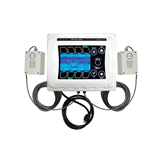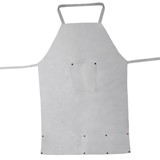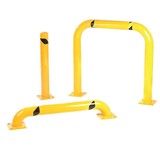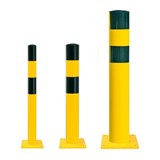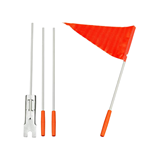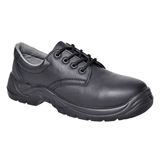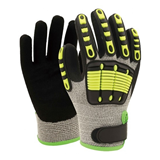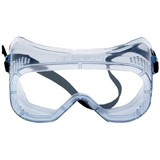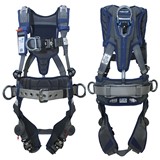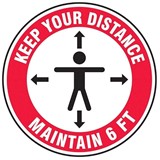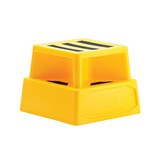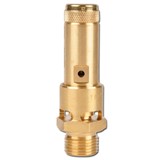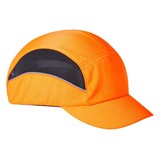There are insufficient controls on quality assurance of imported foods from government, supermarkets and importers compared to stringent controls on local farmers and manufacturers, AMWU National Secretary Paul Bastian pointed out.
"The current system is a disgrace. Lack of labeling standards and lax checks on imported food risks Australian health and puts pressure on local industry as well," he said.
"The local industry is subject to world-leading quality and safety checks – why aren't we demanding that of imported products as well?"
His comments came as industry body Aus Veg revealed that the federal Agriculture Department failed to test any frozen berry imports for pathogens harmful to humans and, overall, tests just 5 per cent of the $1 billion in yearly fruit imports.
Increased pressure on government
AMWU National Food Industry Secretary Tom Hale will increase pressure at all levels of government, starting by meeting Victoria's new Industry Minister, Lily D'Ambrosio, in coming weeks to press the case for independent checking.
"Coles and Woolworths impose stringent quality audits on Australian food manufacturers, they visit the factories to ensure that quality is up to the clean and green standard that consumers rightly expect," Hale said.
"There is no comparable scrutiny on imported food items, yet government, importer and supermarket should ensure all products they are selling are fit for human consumption.
Supply chain responsibility
"Supermarkets have to take some responsibility for their supply chain and of course, if they want to guarantee the quality, they should seek suppliers who manufacture locally using Australian farm produce."
Victorian company Patties Foods, based in Bairnsdale, is Australia's largest importer of frozen berries and in the past year moved most of its berry packaging to its Chinese facility to cut costs.
"Consumers want local, they will pay a little extra for safety and quality - saving a dollar is not worth risking contamination and serious illness. Food importers must also realise that," Hale said.
"This is bigger than just Patties – who also manufacture locally - it's the issue for hundreds of other food importers out there."
AMWU delegate at Patties Foods, Leo Waaleboer, said members hoped this problem did not adversely affect the 400 jobs at the Bairnsdale factory, which produces local baked product including pies.
Sufficient local produce supply?
Patties had also said they would use local produce if there was a sufficient seasonal supply of frozen berries available in Australia, which the AMWU believes is readily possible from farms if firms will place orders and pay for guaranteed safety and quality.
Bastian slammed labelling laws, questioning whether purchasers of imports such as the Nanna's Frozen Mixed Berries could be aware they were a product of China and Chile.
"We have long been arguing the urgency for reform of labelling laws to be clear and precise instead of the mish-mash of meaningless terms that we have currently," he said.
Last week the Greens introduced a bill into Federal Parliament extending country of origin labelling to all food for sale, with just three allowable local claims - Grown in Australia, Manufactured in Australia and Packaged in Australia.


